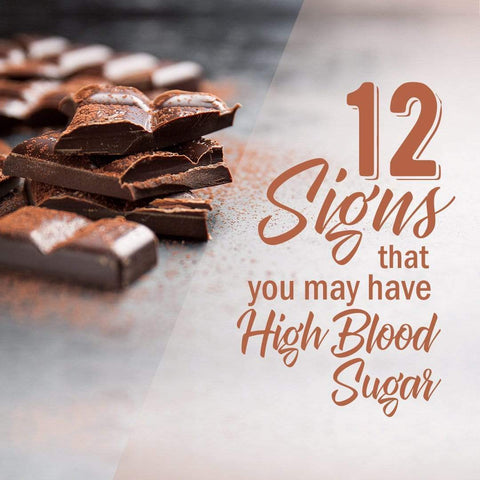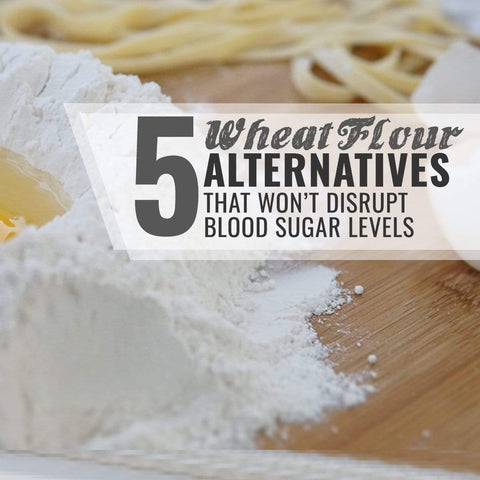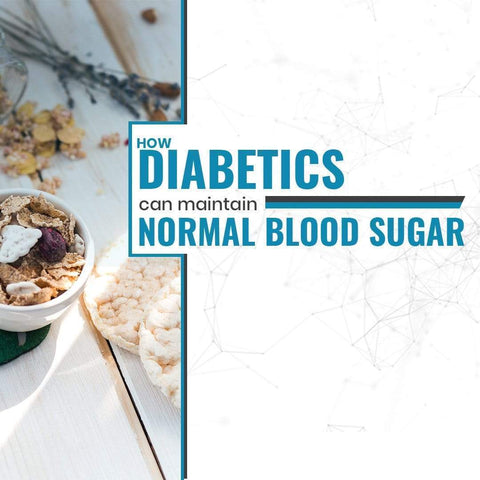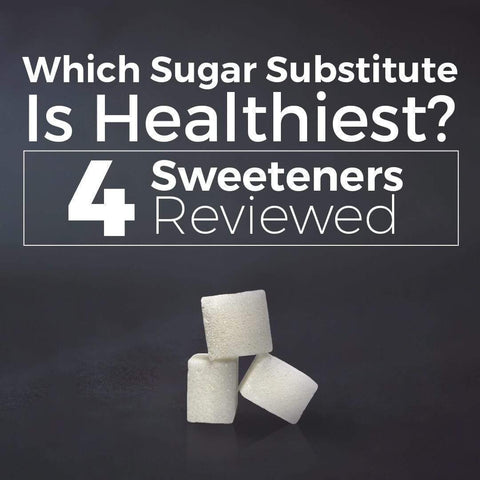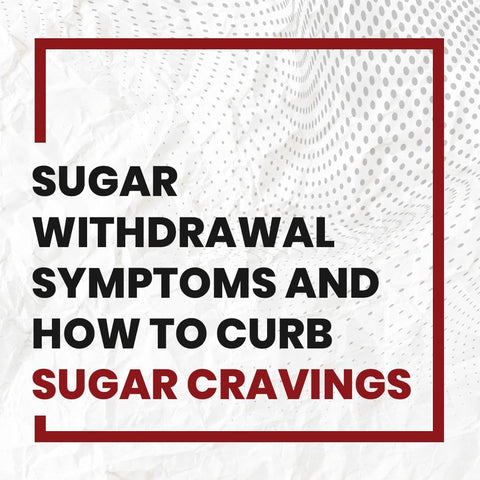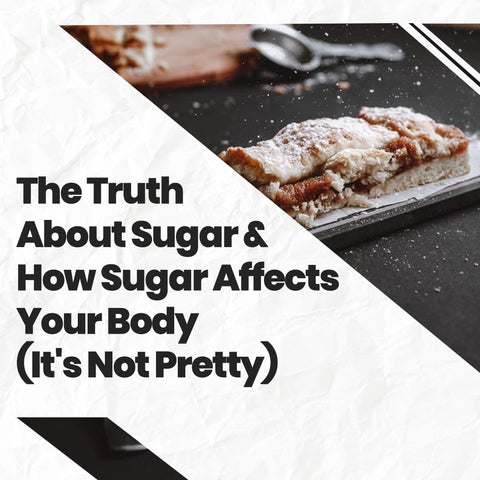
Do you have a casual attitude toward sugar? When you indulge in a piece of cake or a soft drink, do you just think “I’ll work it off later”? Do you feel that the extent of sugar’s effect on your body is that it “adds a few extra pounds”? Well, processed sugar has more far-reaching effects on your health than simply adding extra calories to your diet.
Extra sugar floating around in your bloodstream can wreak havoc on your health and be very damaging to your body.
High blood sugar triggers a disastrous cascade of damaging processes in your body and the result is accelerated aging and disease. That’s right, excessive sugar consumption promotes aging and degenerative disease!
Remember - The Type of Sugar You Eat Matters
Of course, there is sugar in natural healthy foods, but these healthy foods contain lower amounts of sugar than processed junk foods. Vegetables, fruits, nuts, seeds, beans, and even whole grains contain plenty of fiber and antioxidants, both of which slow down the release of their natural sugars into your bloodstream so that your blood sugar stays lower 17.
Antioxidants also lower the damage that sugar causes to the body. But foods like pizza, white rice, white bread, pastries, pasta, and bagels have had much of their fiber and antioxidants removed. These foods can spike blood sugar. Its processed foods like these that you have to beware of.
Let’s look at the specific ways that sugar can harm your body:
How Sugar Is Bad for You
1. It accelerates aging by causing glycation.

You may not have heard the word before, but “glycation” damages the cells in your body and even causes wrinkles in your skin 1!
Glycation is a complicated process, and explanations involve big scientific words. Put simply, sugar sticks to the proteins and fats in your body and makes you stiff over time. When you’re young, you’re flexible and your skin is firm, but when your body has been damaged by glycation, you get stiff and less mobile, and your wrinkled skin sags.
So when you eat too much sugar or processed sugar, you’re accelerating this deadly process, which, by the way, is tied to nearly every degenerative disease (i.e., cancer, Alzheimer’s, arthritis, etc.) 2.
2. It fuels the most dreaded diseases of today.
When you’re overeating sugar, you’re increasing your chances of developing deadly diseases. This is mostly because of the glycation and other damaging processes that sugar initiates. Research has linked the damaging effects of sugar to degenerative diseases 2,3,4,5,6. Don’t eat processed sugar if you want to reduce your chances of arthritis, cancer, dementia, diabetes, macular degeneration, or other diseases.
3. Sugar triggers inflammation.

When sugars damage the proteins in your body, it triggers inflammatory signals to be released 6,7,8. It’s no wonder that excess sugar is tied to diseases. Inflammation plays a big role in that! When chronic inflammation occurs, it causes your immune cells to damage the tissues throughout your body and sets you up for health problems 9. Inflammation can also affect how you feel and how your body functions, since it produces pain and can contribute to low mood.
4. It gives you wrinkles!
As briefly mentioned before, sugar can damage your skin. When you’re deciding whether or not to indulge in that sugary treat, remember that you’re making a beauty decision. There are actually machines that can measure the amount of sugary damage done to your skin 10. The more damage you have, the less attractive your complexion will be, you’ll have more wrinkles, and your skin will sag easily
5. It can contribute to heart disease.
Heart disease is one of the biggest killers in Western countries. Sugar can contribute to whether or not you develop heart problems. Sugar can damage the walls of blood vessels, the first step that leads to plaque buildup 11, and plaques can lead to heart attacks and strokes.
6. It triggers oxidative stress.

Similar to inflammation and glycation, oxidative stress damages your body, speeds up the aging process, and contributes to disease formation. High blood sugar levels trigger oxidative stress 12,13!
7. Processed sugar can spike insulin.
Your body uses the hormone insulin to deliver sugar into your cells for use. If your insulin levels are chronically high, it can cause unhealthy weight gain, fuel the growth of existing cancer cells, and keep your cells from cleaning themselves out properly 14,15. All bad things!
8. It's really bad for your liver.
Sugar strains your liver, and when you consume too much of it, your liver can become overwhelmed. Sugar’s damaging effects can be likened to alcohol. When your liver is overloaded with sugar, fat builds up in a fashion similar to the fatty liver disease that alcoholics are plagued with 16.
Do You Have High Blood Sugar but LOVE Carbs?
Want to do something about it without giving up all the foods you love? You can help balance blood sugar levels within the normal range using a variety of safe, effective natural remedies.
Click here to download the brand new FREE report by nutritionist Evan Burns, which shows you how you can still enjoy many of your favorite foods, including carbs, without causing your blood sugar to spike!




